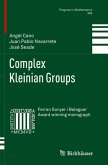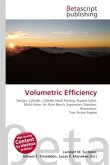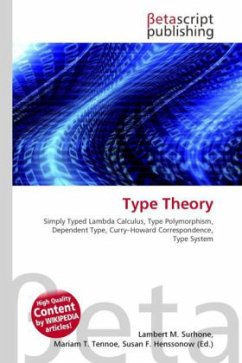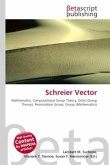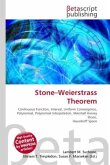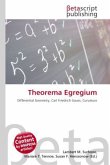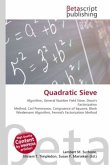In mathematical analysis, a family of functions is equicontinuous if all the functions are continuous and they have equal variation over a given neighbourhood, in a precise sense described herein. In particular, the concept applies to countable families, and thus sequences of functions. The equicontinuity appears in the formulation of Ascoli's theorem, which states that a subset of C(X), the space of continuous functions on a compact Hausdorff space X, is compact if and only if it is closed, pointwise bounded and equicontinuous. As a corollary, a sequence in C(X) is uniformly convergent if and only if it is equicontinuous and converges pointwise to a function (not necessarily continuous a-priori). In particular, the limit of an equicontinuous pointwise convergent sequence of continuous functions fn on either metric space or locally compact space[1] is continuous. If, in addition, fn are holomorphic, then the limit is also holomorphic. The uniform boundedness principle states thata pointwise bounded family of continuous linear operators between Banach spaces is equicontinuous.


